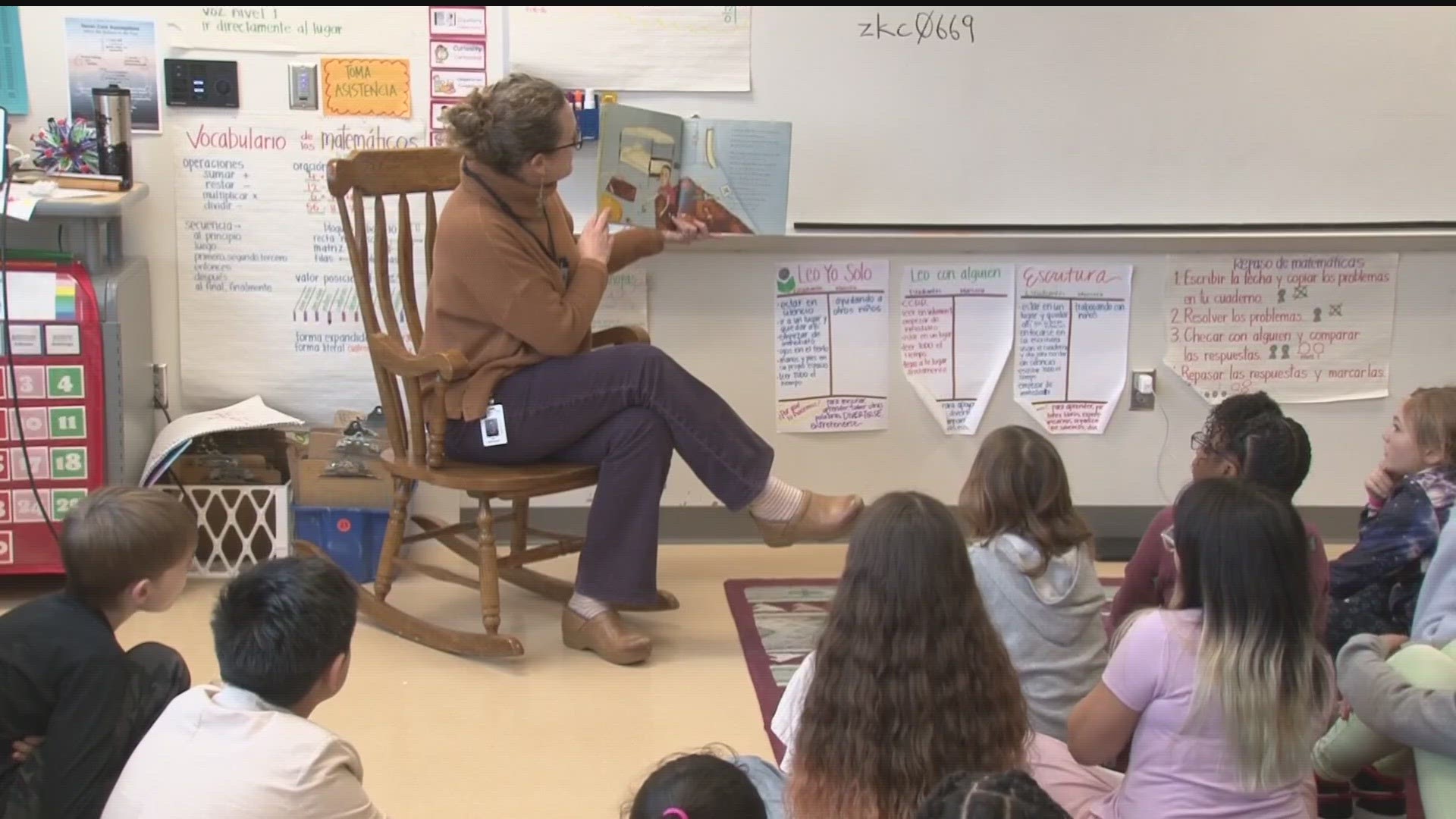ST PAUL, Minn. — The Minnesota House advanced a comprehensive school finance package Thursday night that Democrats are calling "transformative" because of its potential long-term impact on education.
The bill will raise basic per pupil state aid to local school districts across the state by 4% next academic year, plus 2% in the second year, which equates to an increase of more than $400 per student.
The bill would, for the first time ever, create automatic future increases in basic aid indexed to the inflation right, with a cap of 3% per year.
"The last 70 years we’ve only had inflation go over 3% four times, so what this really does, it usually hovers around two-and-a-half percent," Rep. Cheryl Youakim, the Hopkins Democrat who chairs the House Education Finance Committee, explained.
"So, instead of our districts having to come up every single year to beg for just a little bit more to do the job they’re already doing, we give them stable funding moving forward so they can plan for the future."
The bill also includes extra money to help district pay for the rising costs of special education services that are required by federal law, including paying the district to give teachers time to fill out the paperwork for the Individual Education Program documents required by law.
The legislation also includes training grants to help close the literacy gap. Other money in the bill will help districts hire more support staff such as counselors, psychologists and school nurses.
"Because of COVID there has been learning loss, there has been really significant mental health impacts, not just for our students but for our society as whole," House Speaker Melissa Hortman told reporters before the House debate.
"What’s really exciting about having a DFL trifecta is we can finally invest in students' mental health, because students can’t learn when they’re struggling with these kinds of emotional issues."
On the policy side, the bill creates requirements to include ethnic studies as part of the curriculum and lessons about the history of genocide such as the Holocaust. There's also a ban on expelling students that haven't reached the fourth grade yet.
"If we keep students at the center of everything we decide here, that really is the important goal," Youakim remarked.
The legislation passed on a straight, party-line vote with all 70 Democrats in favor and 60 Republicans against. Another four GOP members didn't vote.
Republicans tried for hours to pass an amendment that would've substituted all of the language of the bill with their own version of an education bill.
They said the DFL majority's version contained too many earmarks that don't take into account the differences in schools across the state. They assert that lawmakers should give school boards and superintendents more leeway to operate school the way they see fit.
"There's 65 or so mandates on schools in this bill," Rep. Peggy Bennett, an Albert Lea Republican, lamented.
"And to me, that takes away local control and puts control at the state level. We have local school boards. They’re the ones who should set policy!"
Bennett and other Republicans also took issue with changes in discipline policy.
"One thing I learned when I taught first grade is if you don't hold kids accountable for the behavior, that behavior will get worse."
The GOP contingent criticized the literacy grants part of the bill for not specifically using the term "science of reading" in the description. They have endorsed a national movement that says teachers need to be trained in using phonetics, an emphasis on students speaking words aloud as they learn to read.
"Literacy is learning. That’s why we need the Science of Reading, and we shouldn’t be afraid to call it Science of Reading," Rep. Ron Kresha of Little Falls, the ranking Republican on the school finance committee, told reporters.
"We're for science-based practices of phonetics and understanding how language works and understanding the cognitive abilities that come with reading."

